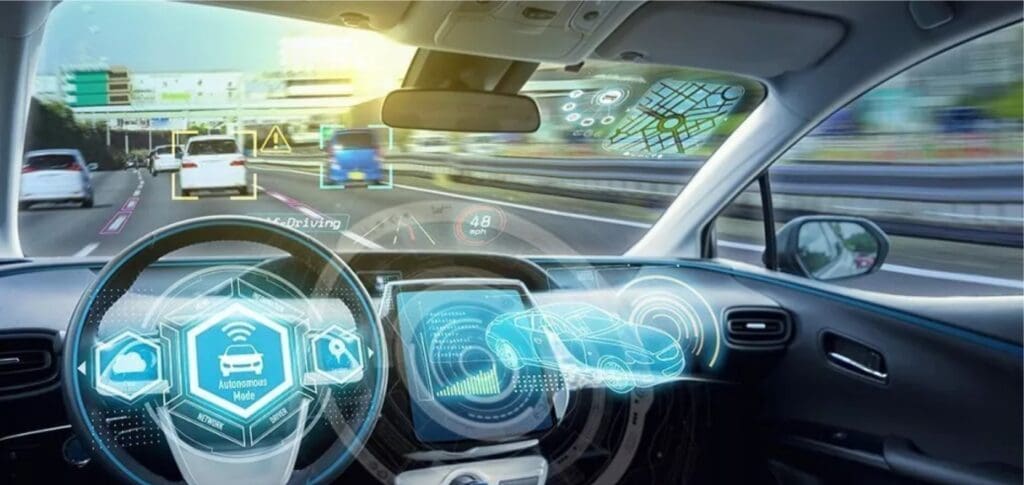In Which Systems Are Artificial Intelligence Technologies Used in Automobiles?

Artificial intelligence (AI) technologies, now making their mark in nearly every industry, have become integral to the automotive sector. But how exactly is the industry leveraging artificial intelligence, and which car systems are supported by AI technologies?
AI technologies, increasingly woven into our daily lives, have made significant inroads across various sectors, notably within the automotive industry. Companies are rapidly integrating both existing and cutting-edge AI technologies into their operations.
A recent study has shed light on the impact of artificial intelligence within the automotive realm. According to the findings, the car production process is now inextricably linked with AI technologies. This integration spans several aspects, from design and manufacturing to the functionalities that enhance the driving experience and safety features of the vehicle.
“Artificial intelligence is ingrained in the DNA of cars”

Artificial intelligence (AI) technologies are being utilized across a broad spectrum of applications within vehicles, ranging from the ABS braking system, cruise control, and speed limiting systems to electronic stability programs, sensors, intelligent airbags, lane change assistance and warning systems, parking aids, and smart mirrors. It’s accurate to state that AI is becoming deeply embedded in the very fabric of automotive technology.
In the automotive sector, safety is a paramount concern where AI plays a critical role. Features such as driver monitoring offer tailored adjustments for different drivers, including control settings, detecting drowsiness, and monitoring head and body positions to optimize safety during an accident.
AI is also instrumental in enhancing visibility around blind spots, aiding in steering and braking, alerting drivers to potential hazards, and assisting in parking.
Furthermore, through driver evaluation, AI can analyze a driver’s historical data to identify potential future issues based on past behavior.
The push towards fully autonomous vehicles is a clear indicator of the automotive industry’s commitment to integrating AI. Although driverless cars are technically ready for production, the rollout awaits the development of necessary environmental and other infrastructural supports.

The consensus among industry experts is that autonomous driving systems are unthinkable without the incorporation of AI.
Globally, automobile manufacturers are implementing AI technology in every facet of the vehicle production process, leading to significant advancements and applications in this area.
The synergy of AI and machine learning is paving the way for autonomous vehicles to increasingly participate in traffic safely.
As highlighted, Turkey has embarked on a new era in mobility and AI, notably with the introduction of electric vehicles to the market in the past five years, marking a significant milestone in the evolution of the sector.











